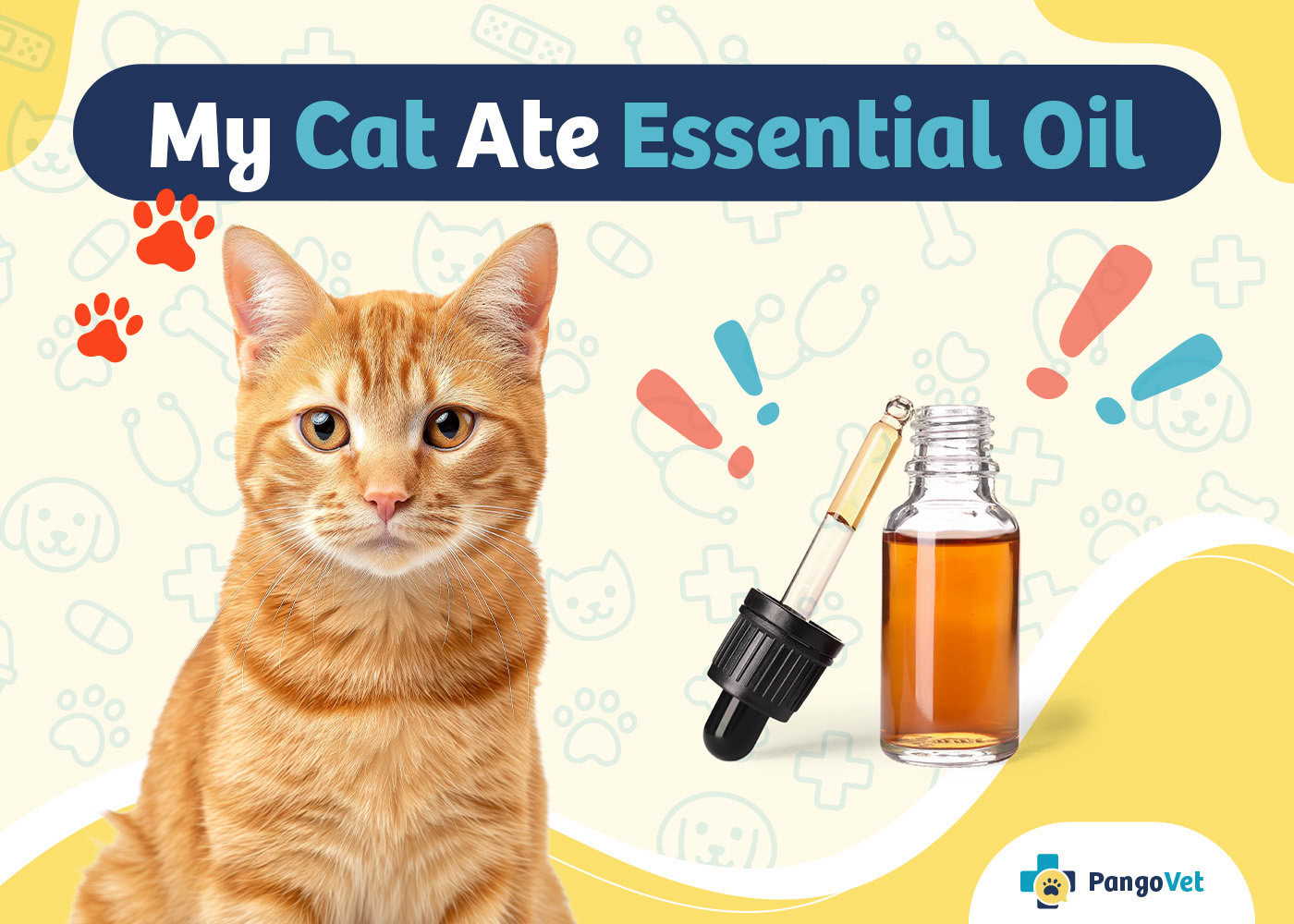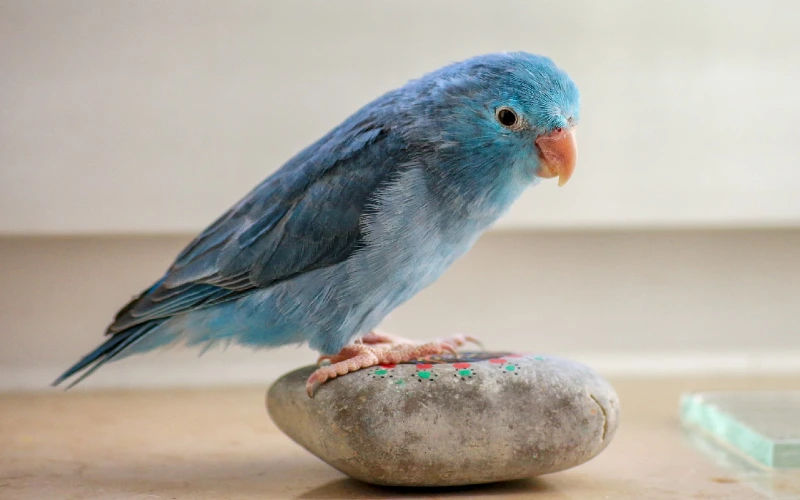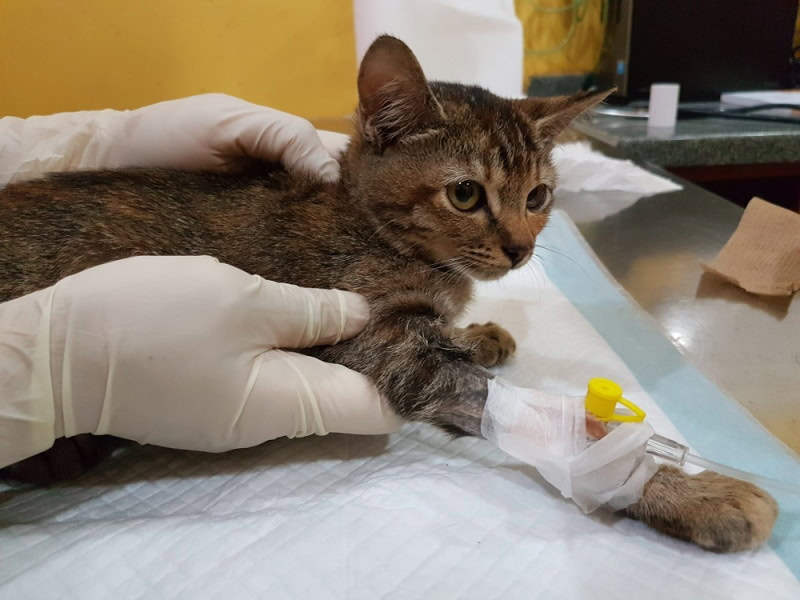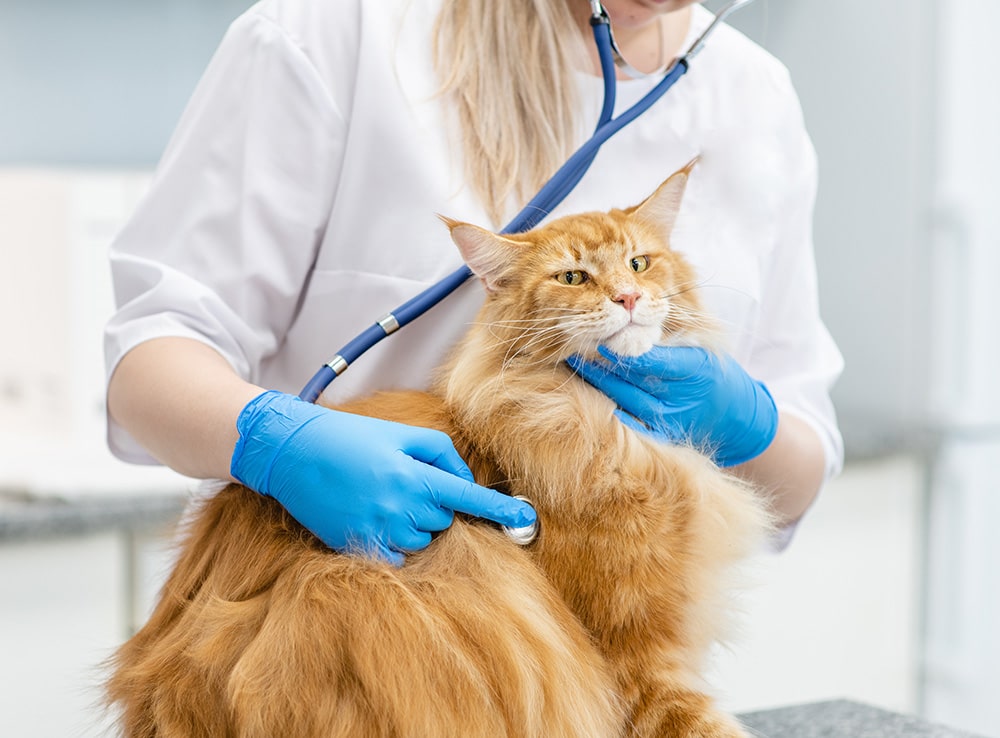VET APPROVED

The information is current and up-to-date in accordance with the latest veterinarian research.
Learn more »Click to Skip Ahead
If you prefer to seek out natural remedies for what ails you, you’re probably familiar with essential oils. As a pet owner, you may wonder if essential oils also have an effect on cats, and they do, but it’s not necessarily a good one. There’s scientific evidence that essential oils are not beneficial for cats, they are actually extremely dangerous, even deadly, for them.
In this article, we’ll discuss the dangerous effects that essential oils can have on your cat. We’ll also cover the signs of essential oil poisoning and how to keep your cat safe.

What Are Essential Oils?
Essential oils are volatile organic substances extracted from plants and used to be inhaled or rubbed through various products. Candles, diffusers, soaps, lotions, and some beauty products commonly include essential oils.
These substances are also used for herbal remedies. For humans, essential oils are utilized in aromatherapy to help conditions such as nausea, anxiety, trouble sleeping, and colds. Despite broad claims about their effectiveness, research studies have demonstrated mixed results.

What Are the Effects of Essential Oils on Cats?
Once they enter the body, essential oils are processed through the liver. Essential oils are especially dangerous to cats, and to a lesser extent to dogs, compared to humans, because our feline friends are missing an enzyme in their liver that helps them break down and remove certain elements and toxins.
Without this enzyme, even a tiny amount of essential oil can quickly build up to an unacceptable level. Some essential oils also contain substances called phenols. Cats are more sensitive to these compounds than dogs or humans, placing them at risk of poisoning.
Which Forms of Essential Oils Are Toxic to Cats?
Essential oils used for aromatherapy and herbal remedies are often used in a diffuser or absorbed through the skin. Virtually all of these are potentially dangerous to cats.
The concentration of essential oil products varies considerably and is not always well regulated. The more concentrated a product, the more dangerous it is for the cat. Many cat owners may not know how quickly essential oils can be absorbed through the skin, causing the same effects as if the kitty swallows the product.
Oil diffusers, either active or passive, pose an additional hazard to cats. Breathing the strong fumes can cause respiratory symptoms and irritation in cats. Kitties with existing breathing issues are most at risk.
Because an active diffuser spreads particles of essential oil into the air, your cat can also become poisoned by grooming themselves after the droplets settle on their fur.
Here are some specific essential oils that are known to be toxic to cats:
- Tea tree
- Eucalyptus
- Peppermint
- Wintergreen
- Citrus oils
- Pine oils
- Pennyroyal
- Lavender
- Sweet birch
- Cinnamon
- Clove
- Ylang Ylang
Don’t use any essential oil on your cat without talking to a vet, even if it’s not on this list.
Signs of Essential Oil Poisoning
Depending on the type of essential oil your cat is exposed to, you may notice the following signs:
- Vomiting
- Drooling
- Wobbly gait
- Tremors or seizures
- Low body temperature
- Low heart rate
- Liver failure
- Skin irritation
Essential oil diffusers may also cause respiratory signs such as:
- Watery or irritated eyes
- Coughing
- Wheezing
- Fast breathing
- Difficulty breathing
If you suspect your cat has developed signs of poisoning in the presence of an essential oil diffuser, get them to fresh air as soon as possible, wash them with dishwashing liquid if there is some on their fur and take your kitty immediately to the nearest veterinary clinic.
Your cat will likely need medical attention if they have close contact with essential oils. Because the toxins build up in your cat’s liver, they are at risk of liver failure. Your vet will provide supportive care and symptomatic treatment, possibly including hospitalization.

Keeping Your Cat Safe from Essential Oils
To keep your cat safe, avoid using them around your cat, unless you’re doing so on the advice of your veterinarian. If you use essential oils for yourself, keep the products safely locked away from your cat. Don’t let your kitty lick or rub on your hand or wrist if you’ve placed essential oils there.
Don’t be tempted to use oil diffusers or liquid potpourri at home if you have cats, since there is a real risk of poisoning in your cat. Keep passive diffusers out of reach of your cat to avoid them being knocked over and spilled onto your pet and never close your cat into a room where a diffuser is present.
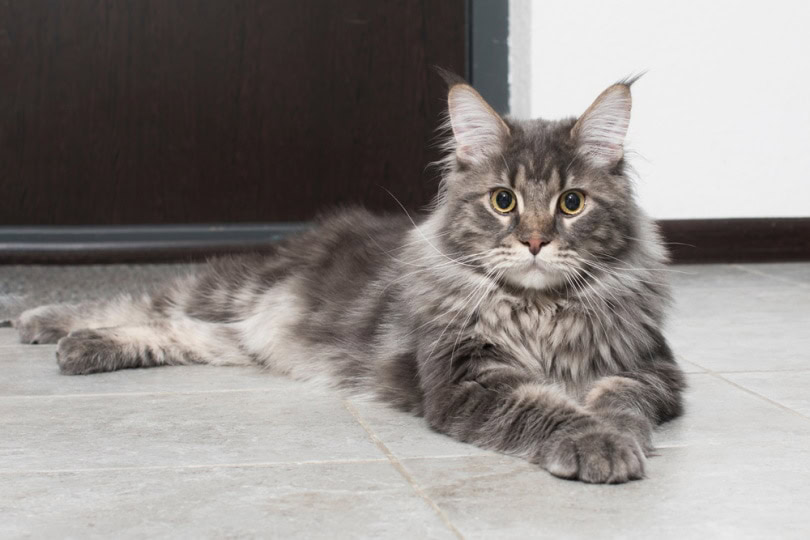

Conclusion
While it’s understandable that pet owners who prefer natural remedies may want to use them on their cats, it’s vital to understand that our bodies don’t work the same way. What’s safe for a human isn’t necessarily okay for a cat. Essential oil manufacturers may promise to treat certain conditions, but the science isn’t there to prove it. If you want to explore herbal medicine and other alternative treatments, look for a holistic veterinarian in your area.
Featured Image Credit: Madeleine Steinbach, Shutterstock
